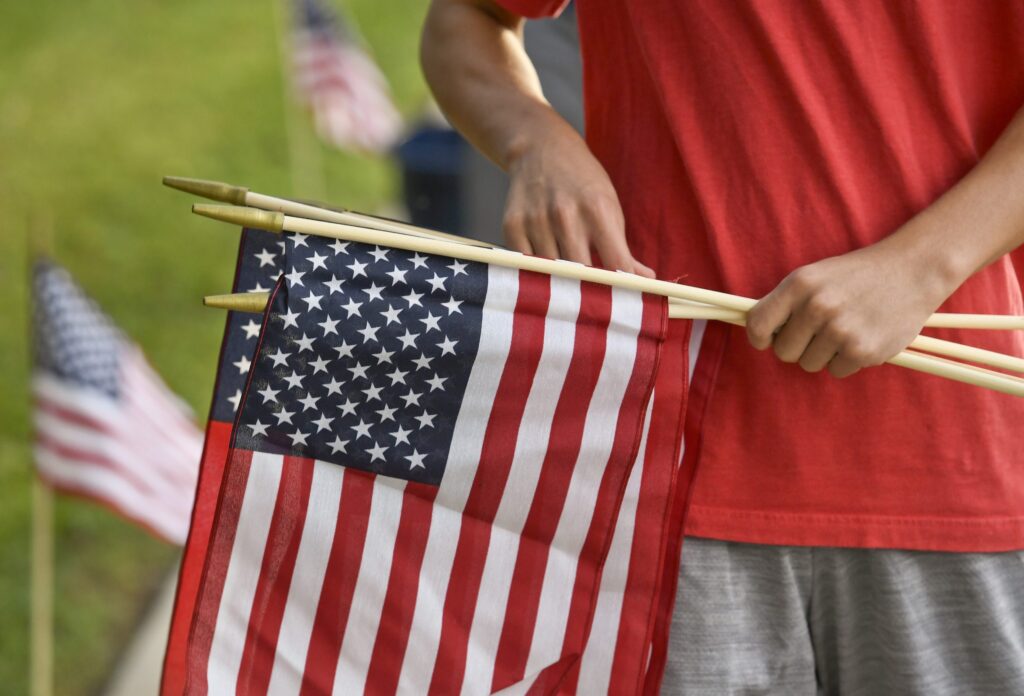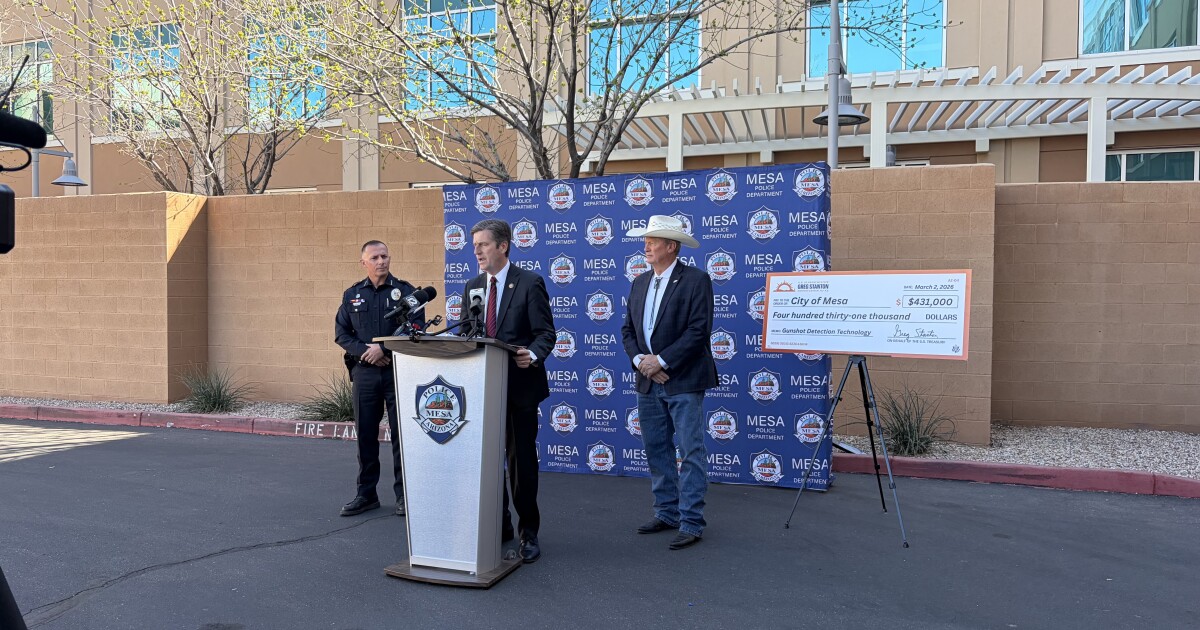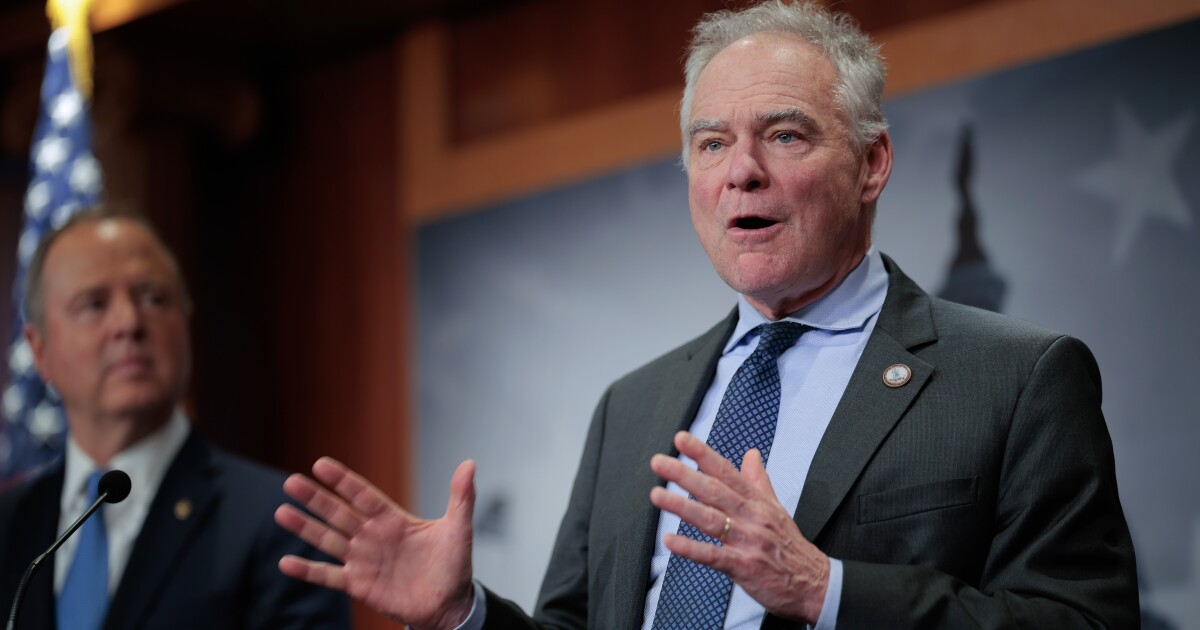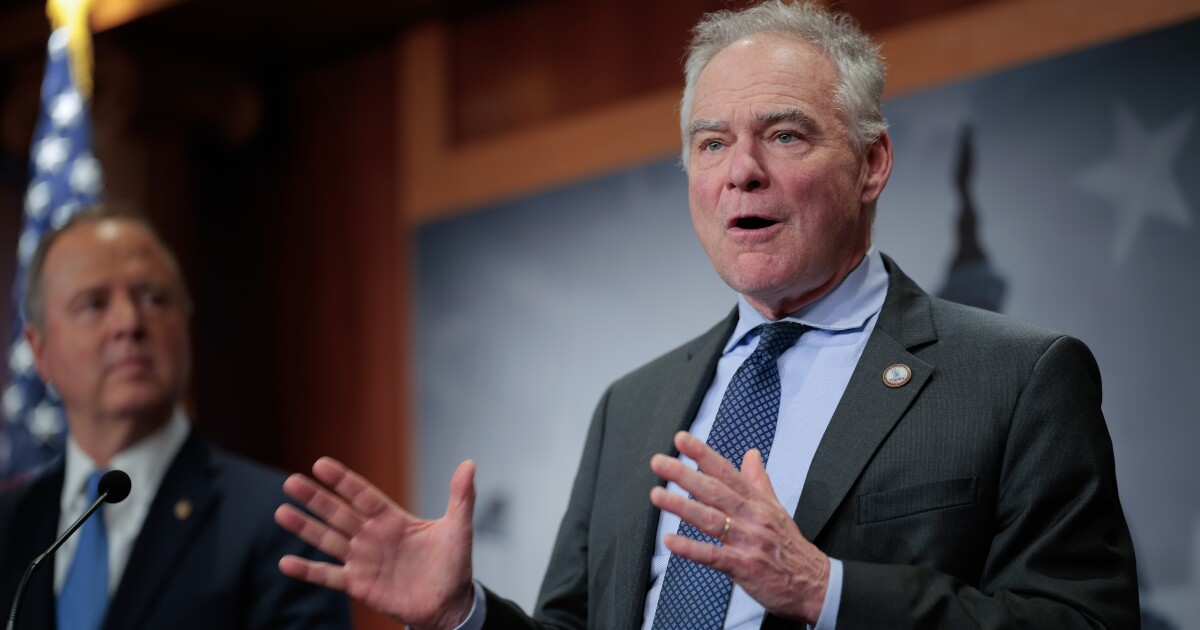High school history teacher Antoine Stroman encourages students to confront challenging topics like slavery, Jim Crow, and the murder of George Floyd, acknowledging their impact on U.S. history. Concerns arise as former President Donald Trump advocates for “patriotic education” emphasizing a positive portrayal of America’s founding ideals. Educators worry this initiative could hinder accurate history teaching.
Stroman, who teaches at a magnet high school in Philadelphia, doubts students will accept this revised history. Teachers, committed to honesty, reject sugarcoating painful historical truths. “Teaching the Holocaust is hard,” Stroman states, emphasizing the importance of not avoiding difficult subjects despite their discomfort.
Amidst this tension, educators face scrutiny. Teachers and professors have been fired or investigated over social media posts about activist Charlie Kirk, leading to lawsuits and legal challenges. In Indiana, the Eyes on Education portal allows submission of objectionable curriculum. Nearly 250 entities have introduced bills limiting teaching on race and sex, arguing parents should teach political doctrine.
Trump’s civics education coalition aims to renew patriotism and civic knowledge. Led by conservative groups like Turning Point USA, it champions God-centered education. However, specific guidelines from the Department of Education remain pending.
Students concerned about historical narratives are taking action. Mariya Tinch, an 18-year-old from North Carolina, developed Revolve Justice, an app offering civic education to peers lacking access. Tinch, aware of polarized civic education, said much of her knowledge came from personal research due to insufficient classroom discussions.
Federal cuts to history education programs, like National History Day, have also sparked student activism. Youth groups, such as Voters of Tomorrow, aim to empower peers politically through education.
Approaching the 250th anniversary of the Declaration of Independence, focus on America’s founding ideals grows. The nonprofit iCivics offers resources to support teachers in addressing complex historical topics.
Jessica Ellison of the National Council for History Education advises teachers on handling sensitive subjects, emphasizing reliance on “the three S’s – sources, state standards, and student questions.” Direct engagement with primary sources, she asserts, strengthens historical understanding.
Michael LaFlamme, teaching in Ohio, uses participatory projects like letter-writing to officials and community engagement to enhance civic understanding. He underscores the educational value of current events, fostering a sense of community and experiential learning.
In Maine, educator Jacob Maddaus confronts challenges posed by students’ reliance on platforms like TikTok for news. Addressing misinformation, he remains committed to delivering factual history lessons despite obstacles in the digital age.
—
Read More Kitchen Table News










